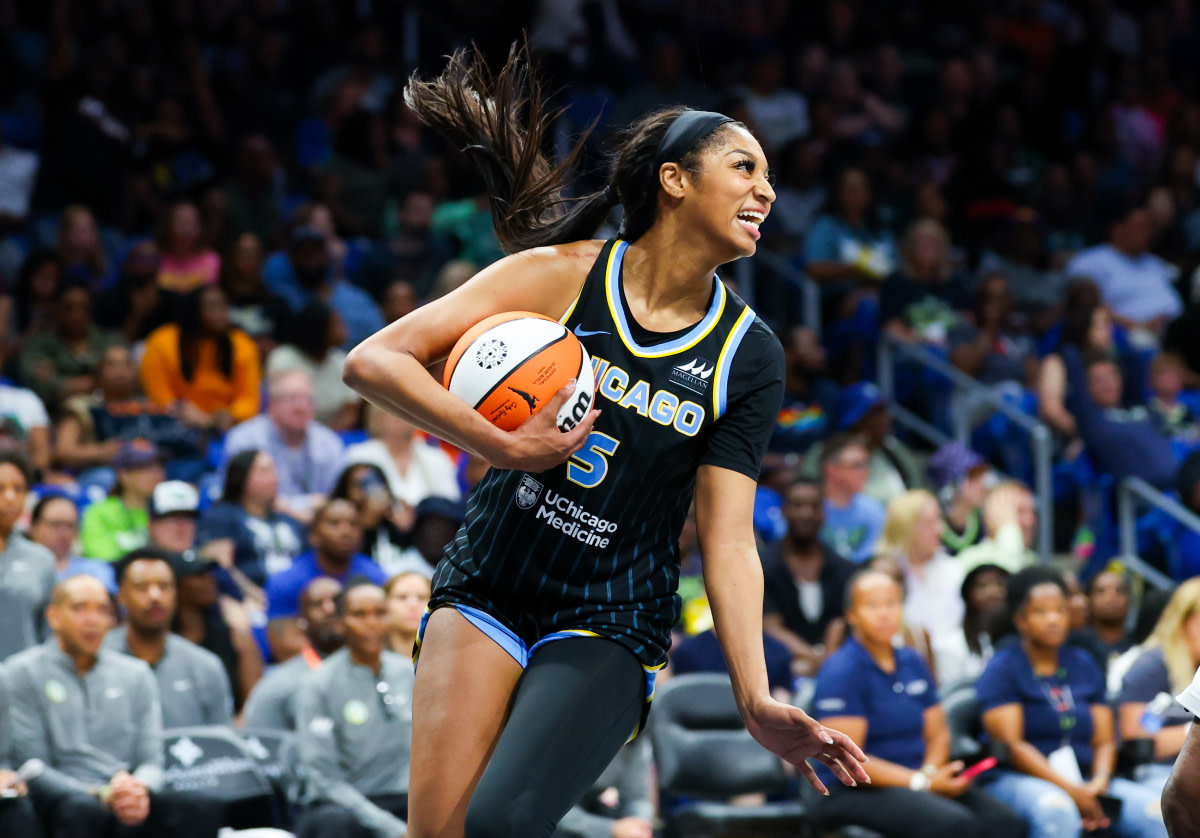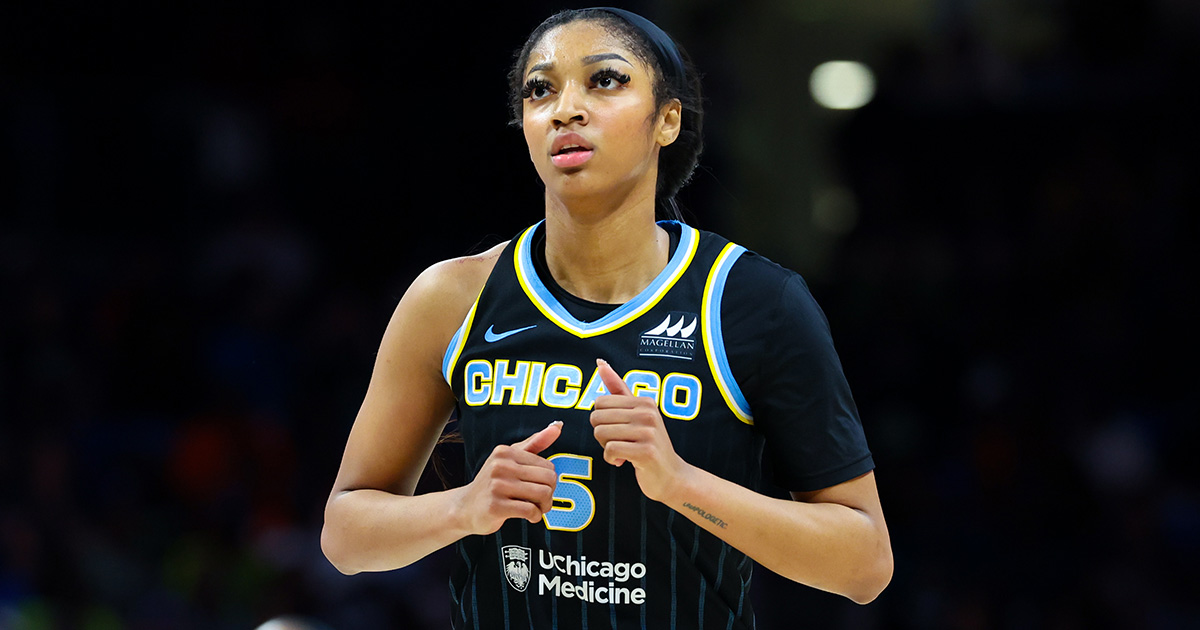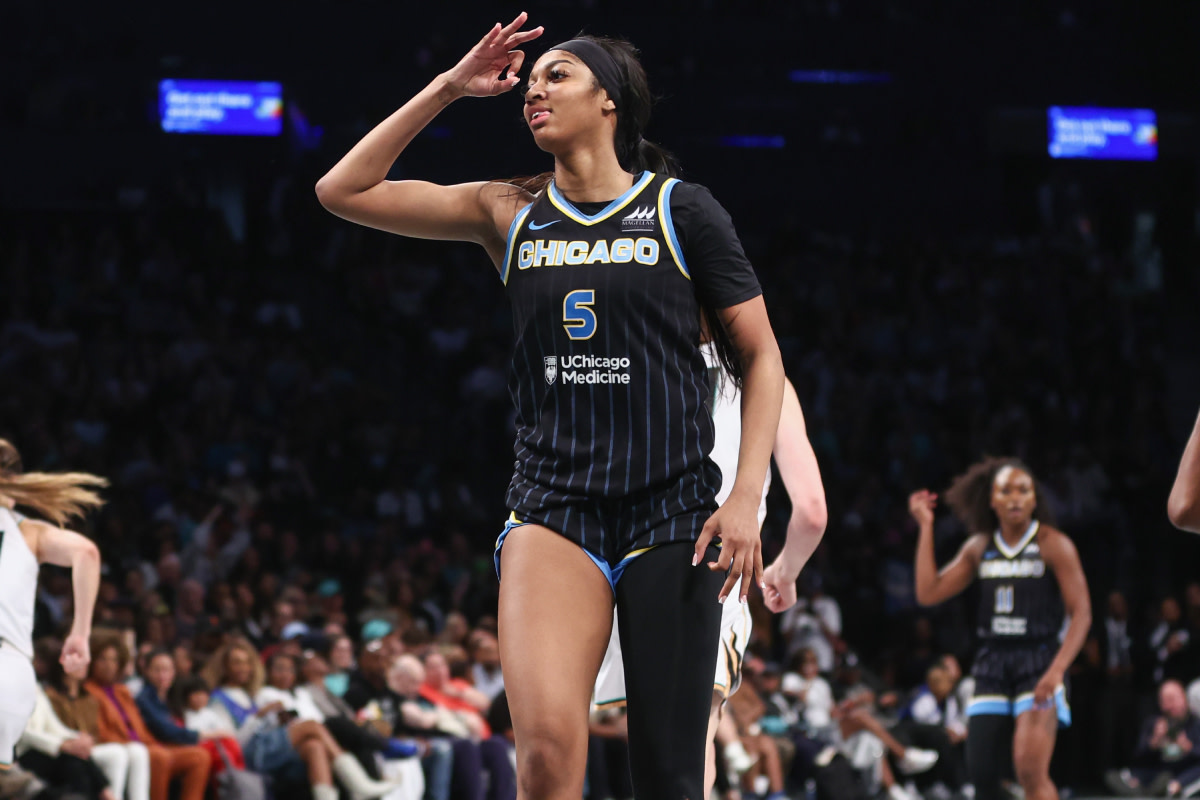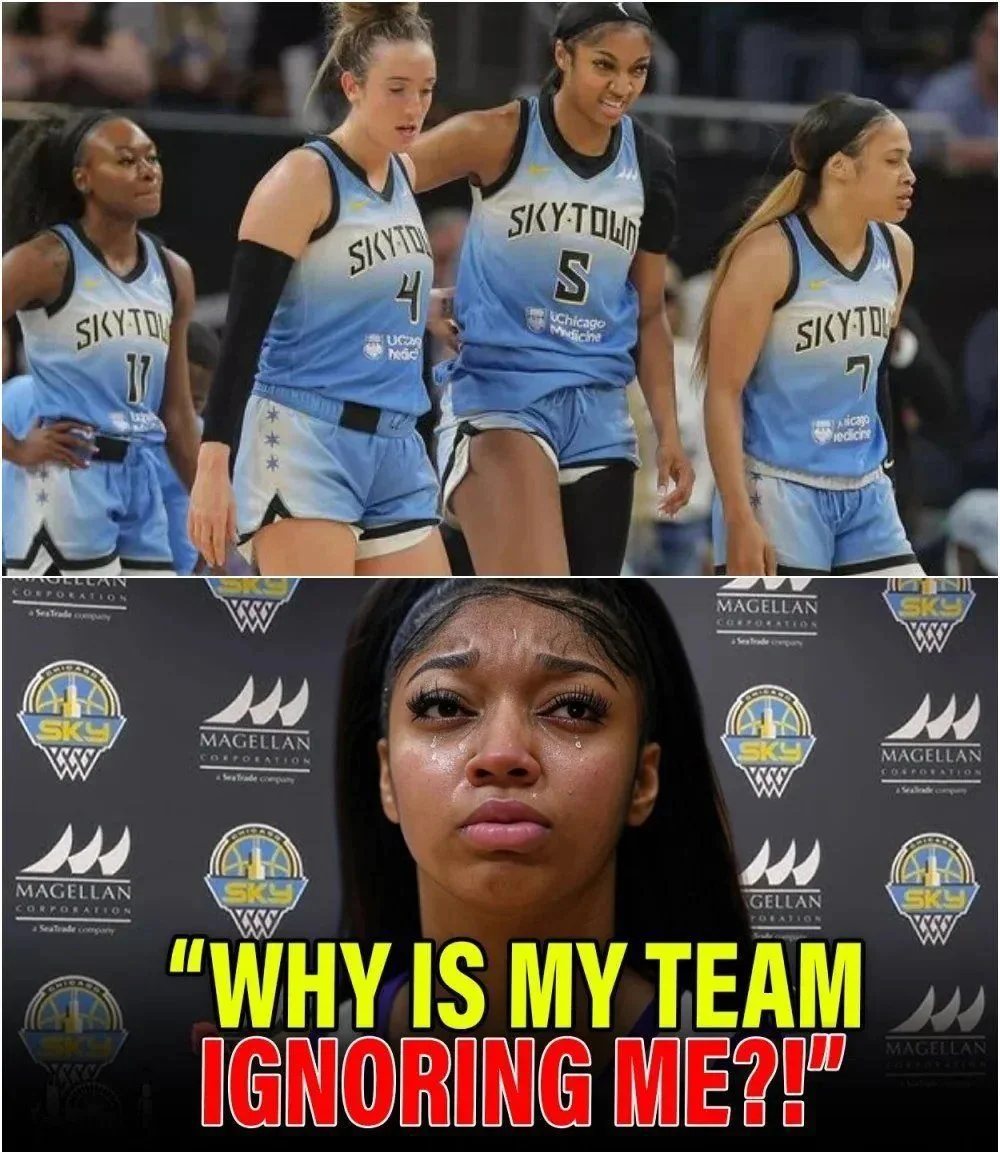Recent developments have intensified the spotlight on Chicago Sky’s forward, Angel Reese, amid her ongoing rivalry with Indiana Fever’s Caitlin Clark. This rivalry, which began during their collegiate careers, has continued into the WNBA, capturing significant media and fan attention.

In a notable incident during a game between the Chicago Sky and the Indiana Fever, Sky guard Chennedy Carter committed a hard foul on Clark, leading to widespread discussion. Reese was observed clapping on the bench following the foul, though it remains unclear whether her applause was directed at the play or had another intent. Subsequently, Reese declined to participate in the postgame press conference and was fined $1,000 for not making herself available to the media.

The dynamics between Reese and Clark have been a focal point in discussions about the WNBA’s evolving landscape. Both players have downplayed any personal animosity, emphasizing mutual respect and competitive spirit. Reese has accepted her portrayal as a “villain” in the media, stating her willingness to embrace this role to generate more interest in women’s basketball.
The rivalry has drawn comparisons to the historic Magic Johnson and Larry Bird competition, highlighting its potential to elevate the league’s profile. However, it has also sparked conversations about racial dynamics and media portrayals in sports. Reese’s coach at the Chicago Sky has acknowledged the challenges she faces, noting that the increased attention brings both opportunities and pressures.

As the WNBA continues to grow, the interactions between players like Reese and Clark will likely remain central to narratives surrounding the league. Fans and analysts are keenly observing how these relationships evolve and influence the broader context of women’s basketball.



